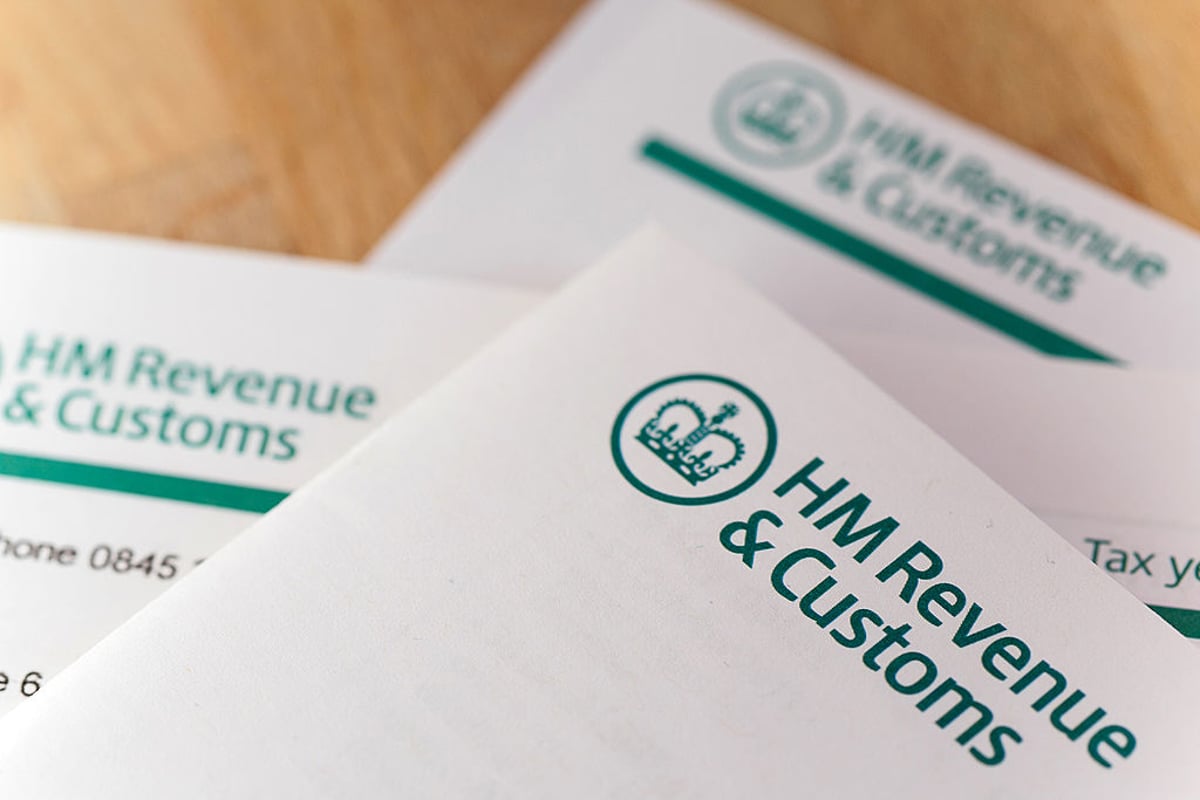As well as a new, digitised tax system, Making Tax Digital Making Tax Digitalfor VAT will also see the introduction of two new HMRC penalty regimes for late submissions and late payments, which will subsequently apply to Income Tax Self Assessment.
As long as you continue to be diligent about deadlines, there’s nothing to worry about – HMRC’s new approach is designed to be fairer and less severe, which it hopes will promote more timely submissions, resulting in fewer penalties.
This article will explain how the new systems work, when they come into force, and what your responsibilities are.
When do the HMRC penalty systems come into force?
The new penalty systems will apply to any VAT submissions for tax periods starting on or after 1 January 2023.
They were originally scheduled to be introduced alongside the full rollout of MTD for VAT this April, but were pushed back by nine months due to deficiencies in HMRC’s IT system.
The new systems will also apply to Income Tax and Self Assessment (ITSA) and will be introduced on 6 April 2024 for ITSA customers who are mandated for MTD and 6 April 2025 for all other ITSA customers.
What is the new HMRC penalty system?
The new penalties for late submission will be applied to you if you fail to meet your obligations to make submissions to HMRC on time.
Instead of receiving an automatic penalty from HMRC for every late submission, you’ll incur a number of points each time you miss a deadline, and only be penalised if you hit a certain threshold.
How do the late submissions penalties work?
You’ll rack up points for every missed submission deadline, and be charged a financial penalty of £200 when you reach a certain threshold.
The thresholds, which are determined by how often you’re required to make a submission to HMRC, are as follows:
- Annual – 2 points
- Quarterly (including MTD for ITSA) – 4 points
- Monthly – 5 points
Crucially, you’ll have different points totals for MTD for VAT and ITSA. So if you reach the points threshold for late VAT returns and subsequently for Income Tax, you’ll be charged two separate £200 penalties.
In most cases, to make compliance easier, even if you have two or more failures relating to the same submission obligation in the same month, you’ll only incur a single point.
However, this rule will not apply across multiple MTD for ITSA submission obligations. For example, if your regular quarterly submission deadline, End of Period Statement (EOPS) deadline, and final declaration fall in the same month, and you missed all three, you’d incur three penalty points.
If you have multiple businesses and are required to submit separate regular ITSA updates for each one, you’ll have one points tally that will cover all your business responsibilities under ITSA.
Do the penalty points expire?
Each penalty point lasts for two years before expiry. The lifetime of a point begins the month after the month in which it was incurred.
However, if you’re at the penalty threshold, your points will not expire.
You can actively reset your points by meeting two conditions. You can do this for individual points or for multiple points. If you are at the points threshold, this is the only way you can reset your points back to zero.
In order to reset your points to zero, you must:
- Condition A: Meet all submission obligations for a period of compliance dependent on your submission frequency – 24 months for annual, 12 months for quarterly, and 6 months for monthly submissions
- Condition B: Have submitted all submissions due within the preceding 24 months, whether they were initially late or not
What are the new late payment penalties?
As well as the new late submission penalty system, HMRC has also introduced a new late payments penalty system, which is automatically applied if you fail to pay on time.
It operates on the following timeframes:
- Up to 15 days overdue: no penalty
- Up to 30 days overdue: 2% of the amount on top of the payment due
- Day 31 overdue: 2% of what was due on day 15, plus 2% of what was due on day 30
- More than 31 days overdue: first penalty calculated at 2% of what was due on day 15 plus 2% of what was due on day 30 and a second penalty calculated at an annual rate of 4% of the outstanding amount, applied daily
As with other HMRC penalty systems, variable interest rate based on the Bank of England base rate is also applied.
Can I challenge a penalty?
Yes, if you think you have a reasonable excuse for missing a deadline, you can challenge a penalty or point. You can make your case through the internal HMRC review process. If you don’t agree with the outcome, you can appeal to the First Tier Tax Tribunal.
What next?
As long as you do everything you can to meet your submission obligations and make payments on time, you have nothing to worry about from the new penalty systems.
The best thing you can do to avoid fines is to get your business processes ready for MTD. Find out more about how to prepare on Sage’s Making Tax Digital hub.
This article was written as part of a paid-for content campaign with Sage
Read more: How to use MTD to get VAT right




